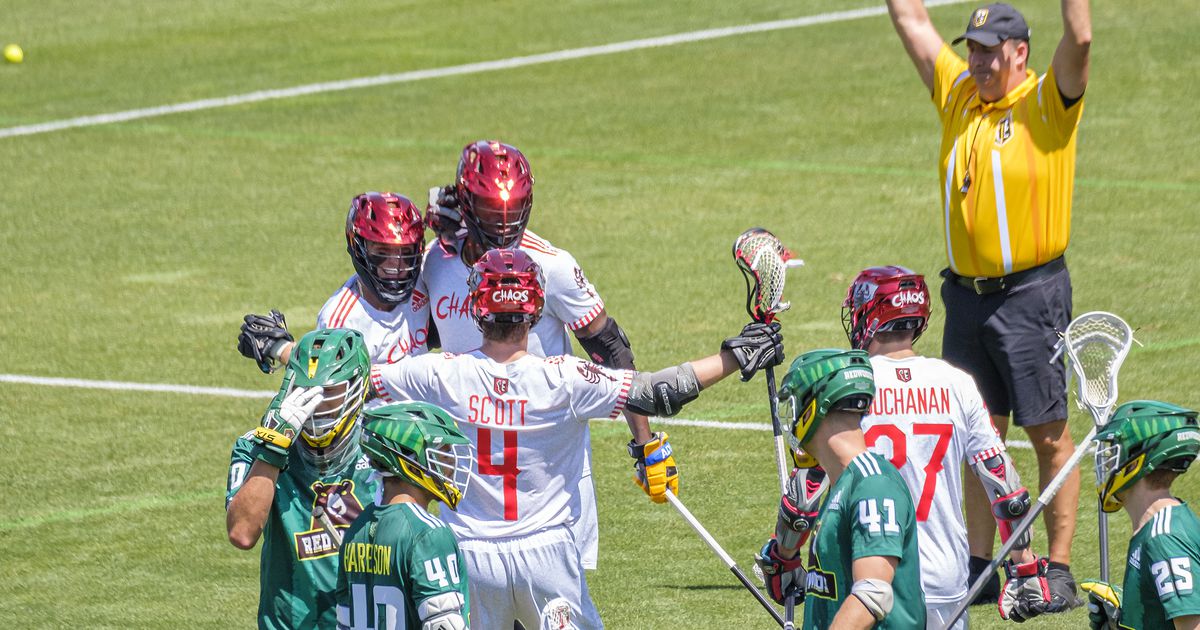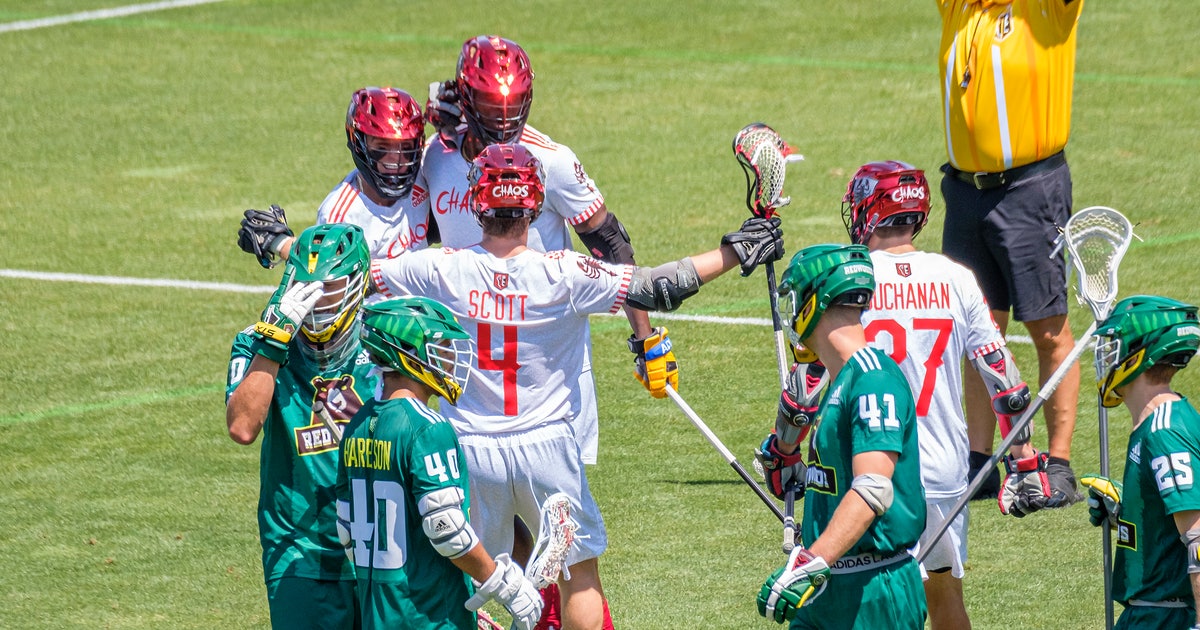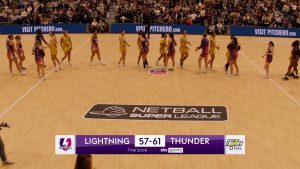Has this upstart league come up with the best playoff format yet?


Show me a playoff format, and I’ll show you someone, or many someones, who want to tinker with it, Tweet about it, or even rip it up altogether.
Like no other sporting nation on Earth, America loves playoffs — and it loves to complain about them. Everyone is happy when playoff time arrives — it is the most exciting time of any season in any sport — but no one seems to like how they operate.
College football waited for years for a playoff. Now, the public wants a bigger one. The NBA is openly talking about amending a system that has seen 18 variations throughout its history but has stayed largely untouched for more than a decade.
Major League Baseball added the wild card game in 2012 and is under pressure from its fans to allow more teams into the postseason. Major League Soccer has constantly reworked its system as more and more teams have come into the league. The National Hockey League agreed to retain its current, moderately confusing and much-maligned formula – for now – although future amendments can be expected.
And, in what might be the most significant of all, the NFL is reportedly keen to enlarge its playoff field, while the NFL Players Association has its own thoughts on what that should look like.
Given that there is a kind of inherent unfairness in any postseason – which, by their nature, reward the best (or sometimes luckiest) team at the end of the campaign, not the best team of the entire season – you’re never going to find one that meets widespread approval. Or are you?
Two weeks left in the regular season, yet a lot could happen ? pic.twitter.com/VDuhTPRBwi
— Premier Lacrosse League (@PremierLacrosse) August 15, 2019
The Premier Lacrosse League, a new competition seeking to revolutionize its sport, came up with a system in its very first season that somehow seems to answer many of the issues faced by the major traditional leagues.
“This is the real joy we get out of founding a 21st century league,” PLL founder and star player Paul Rabil told me in a telephone conversation this week.
The PLL’s structure — teams do not have geographic names or bases, and the league operates on a touring basis, visiting various cities around the country — allowed for extra flexibility and creativity in figuring out how to determine a champion.
“We looked at all the other leagues, and there wasn’t one format that we really disliked, or one that we totally loved more than the others,” Rabil added. “We pulled pros and cons from all of them, and then tried to fit something based on the fact we are starting with six teams.”
Throughout its process, the PLL founders settled on a system that allowed for three weeks of postseason play, which they feel will help the league generate some momentum towards the end of its first campaign. They also focused on several key components of their postseason format: making sure the regular season mattered, giving every team something to play for, and mitigating tanking.
Using a method borrowed slightly from the College World Series in baseball, a top-two team would have to lose twice to fail to make the championship game. The postseason concept is essentially based around a consolation bracket, where the top 4 teams from the regular season start in the “winner’s bracket,” and the last two (of the six total squads) end up in the “loser’s bracket.” But there are several unique twists.
To start, the one and two seeds square off, as do three and four. The winner of 1 v. 2 advances all the way to the finals — a reward for finishing with one of the top two regular-season records and also winning the bout between the top two teams.
The loser of 1 v. 2 takes on the winner of 3 v. 4 — again, meaning that a team with a top two record has to lose twice to be eliminated, an incentive for regular-season success. The winner of that game takes on the team that received the bye to the finals, with the PLL championship on the line. (And if you’re a more visual learner, this Twitter video does an outstanding job of laying it all out, with a handy, hypothetical bracket!)
The @PremierLacrosse playoff format was unveiled today & I think it could be revolutionary and eliminate tanking in pro sports.
Here’s how… pic.twitter.com/01qBQd57s6
— Kevin Boilard (@247KevinBoilard) June 26, 2019
However, the wrinkle that has received the most kudos, and which may offer other leagues food for thought, is the way the PLL brought next season’s top draft pick into the mix. To eliminate any incentive for tanking, the top pick must be earned. A team that finishes in the bottom two positions has a shot at landing the No. 1 pick, but they have to win twice to do so, while a team that finishes third or fourth has a clear path to either the title or the first selection, depending on how things play out.
The 5 seed plays the 6 seed in the first round, with the winner advancing to the finals of the loser’s bracket. The loser “advances” to the next round to take on the loser of the previous 3 v. 4 matchup, in a last-ditch attempt to stay alive in the race for the No. 1 pick. Finally, the winner of that loser v. loser game takes on the winner of the previous 5 v. 6 matchup, with the No. 1 overall draft pick on the line.
Mark Cuban, the NBA’s most fervent advocate for punishing teams that tank and one of its maddest scientists, would surely approve. So how did the PLL spin its way to a postseason that has been described as genius?
Rabil takes up the story. “The decision has to start with rewarding the best performance on the field first. Most leagues give you a bye or have home and away to toggle with. We wanted to explore other options. We wanted to have competitive spirit, so you have to eliminate the bottom two from having a chance to win the title.”
CAN’T TOUCH THIS MAN ⚡️ @SergioSalcido48 pic.twitter.com/3QY6HaSJiX
— Premier Lacrosse League (@PremierLacrosse) August 14, 2019
Of course, the size of the PLL also helps it avoid some of those aforementioned playoff-format issues plaguing legacy sports, like the NFL weighing expanding the playoff field from 12 to 14, college football considering doubling the number of entrants in its postseason, and the NBA investigating the feasibility of eliminating conferences.
Yes, being new has its advantages. Rabil’s league is innovative in a number of ways, from how it brands itself to its own methods of creating content for its players to post on social media. Having a fresh and innovative postseason feels like part of that.
“We like it and we are proud of it,” Rabil said. “It makes us happy to hear that people like it and approve of it. But even then, we are realistic enough to know that not everyone is going to love it, especially if your team loses.”
And there you have it, the eternal paradox of the playoffs.






